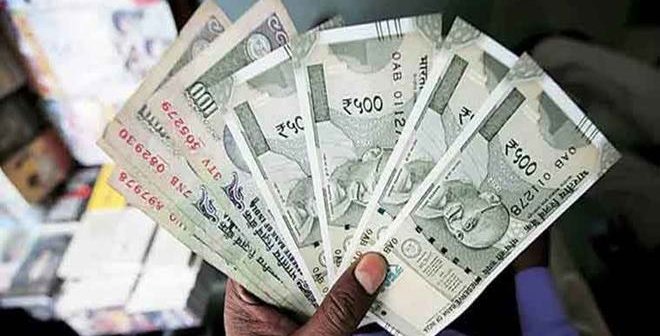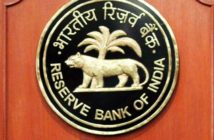The Government has taken several steps to boost investments and attract more industrial activities in the country. The Government of India, through Department for Promotion of Industry and Internal Trade (DPIIT) and other Central Ministries/ Departments, provides an enabling eco-system for the overall industrial development of the country through appropriate policy interventions. In addition to on-going schemes of other Ministries/ Departments, this Department has taken various steps for promotion and facilitation of industries across States/UTs, which includes Andhra Pradesh, Maharashtra and Uttar Pradesh, such as Make in India, Start-up India, PM GatiShakti, National Industrial Corridor Programme, Production Linked Incentive (PLI) Scheme, promoting Ease of Doing Business (EoDB) and reducing compliance burden, National Single Window System (NSWS), India Industrial Land Bank, Project Monitoring Group (PMG), liberalization of FDI policy, Indian Footwear and Leather Development Programme (IFLDP) Scheme, etc. An institutional mechanism to fast-track investments has been put in place, in the form of Project Development Cells (PDCs), in all concerned Ministries/ Departments of Government of India.
In addition, the Government has implemented various measures to stimulate Foreign Direct Investment (FDI) inflows. The Government has put in place an investor friendly policy, wherein most sectors except certain strategically important sectors, are open for 100% FDI under the automatic route. Almost 90% of the FDI inflow is received under the automatic route. India continues to open up its economy to global investors by raising FDI limits, removing regulatory barriers, developing infrastructure and improving business environment.
The Government has taken initiatives to simplify, rationalize, digitize and decriminalize Government to Business (G2B) and Citizen Interface across all the States/UTs with the objective to improve Ease of Doing Business and Ease of Living. So far, more than 42,000 compliances have been reduced and more than 3,800 provisions have been decriminalized. Jan Vishwas (Amendment of Provisions) Act, 2023 was introduced to further the trust-based governance and enable de-criminalization of minor offences and compliance-based laws and requirements. The Act decriminalized 183 provisions under 42 Acts administered by 19 Ministries/Departments. India ranks 63rd in the World Bank’s Doing Business Report (DBR), 2020 published in October, 2019. India’s rank in the DBR improved from 142nd in 2014 to 63rd in 2019, registering a jump of 79 ranks in a span of 5 years.
The Department for Promotion of Industry and Internal Trade (DPIIT) has developed the National Single Window System (NSWS) portal as a one-stop for taking all the regulatory approvals and services in the country. NSWS platform aims to streamline the G2B ecosystems and further promote ease of doing business in India. The platform promotes Accountability, Information Symmetry and Transparency within the G2B ecosystem by providing a national portal, PAN based verification and registration and access to more than 270+ G2B services at the central level. Thus, it also eliminates the need for multiple interfaces and registrations for businesses to avail requisite G2B services. The national portal integrates the existing clearance systems of the various Ministries/ Departments of Govt. of India and State Governments. Currently, approvals of 32 Central Ministries/ Departments and 28 States/UTs Single Window Systems have been integrated with the NSWS Portal. A total of 277 Central approvals and 2,977 state approvals can be applied through NSWS. Information pertaining to 653 central approvals and 6,198 state approvals are available to businesses via the Know Your Approval (KYA) module of NSWS.
This information has been provided by the Union Minister of State for Commerce and Industry, Shri Jitin Prasada in a written reply in the Lok Sabha today.





